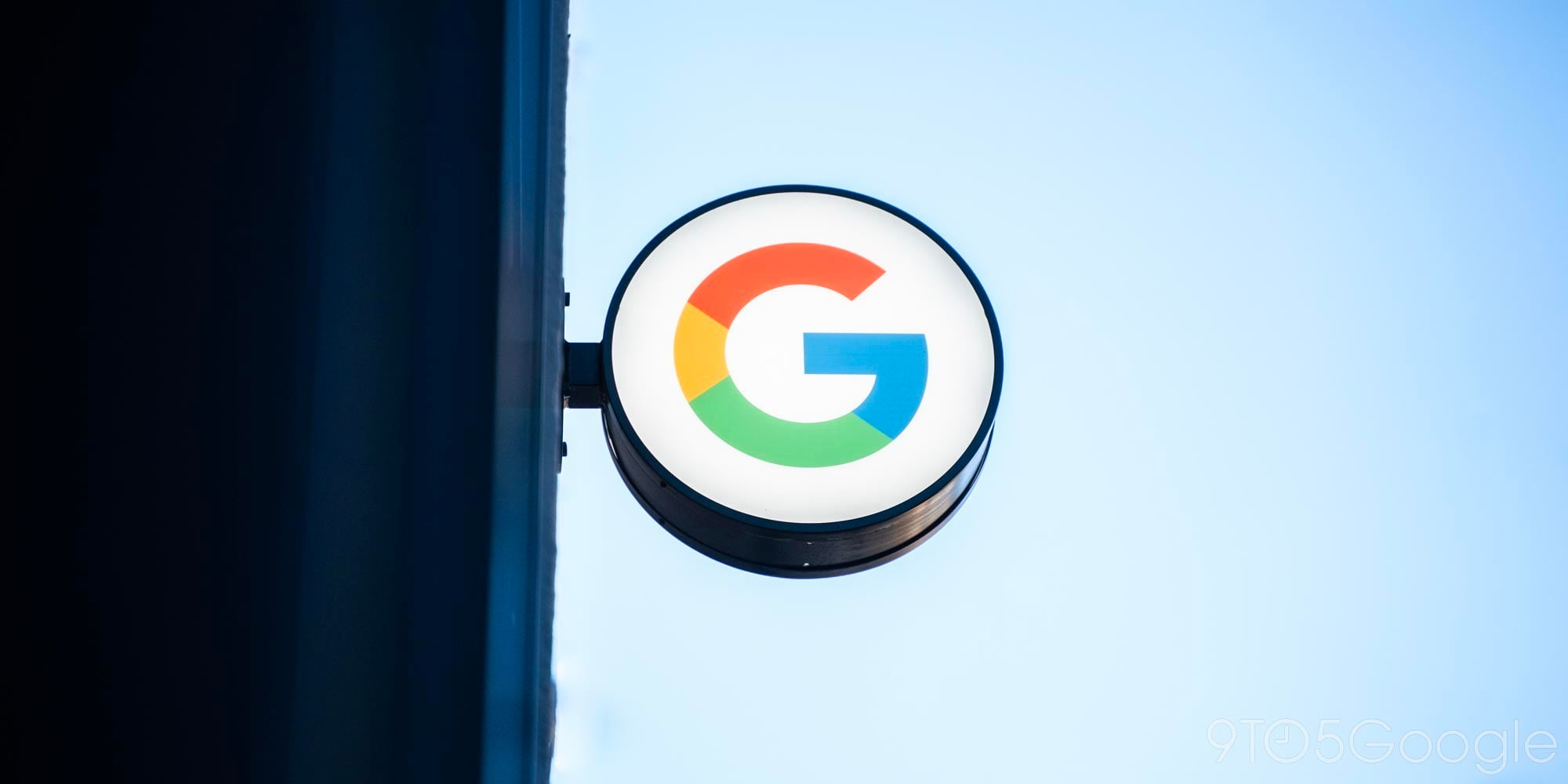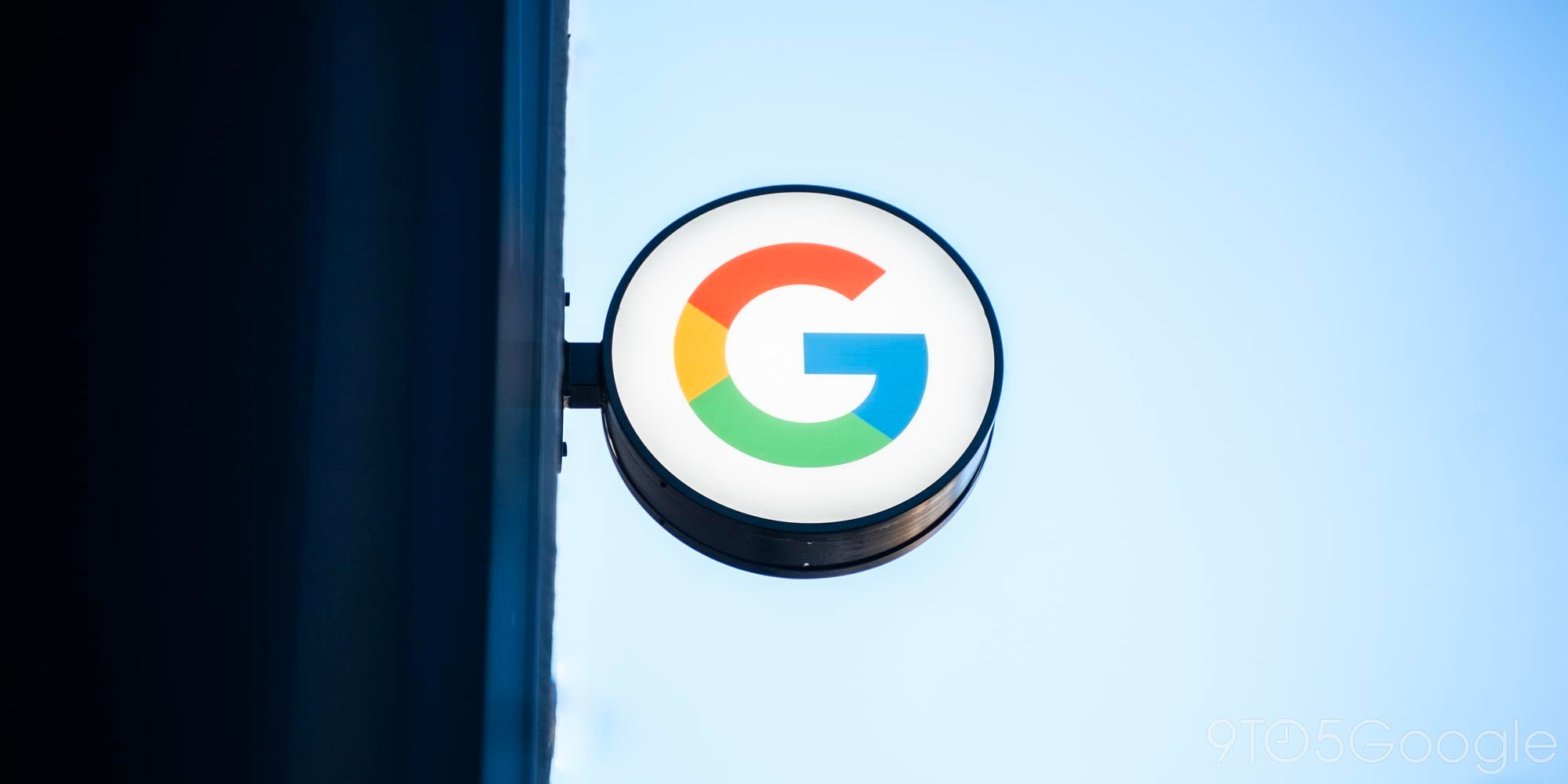
Earlier this week, Google announced that Chrome would remove ads from sites with persistently abusive experiences. The browser will soon protect against sites that try to trick users into unintended charges and paid subscriptions.
According to Google, millions of Chrome users every month encounter pages that don’t properly disclose or explain the billing process for an upcoming transaction. These poor to nefarious experiences try to get users to enter payment information and result in surprise charges.
Chrome 71 will show a warning before pages that don’t provide sufficient clarity to the end-user about a transaction. Google has quantified best practices for making a visible and clearly explainable billing process, especially on the mobile web:
-
Is the billing information visible and obvious to users? For example, adding no subscription information on the subscription page or hiding the information is a bad start because users should have access to the information when agreeing to subscribe.
-
Can customers easily see the costs they’re going to incur before accepting the terms? For example, displaying the billing information in grey characters over a grey background, therefore making it less readable, is not considered a good user practice.
-
Is the fee structure easily understandable? For example, the formula presented to explain how the cost of the service will be determined should be as simple and straightforward as possible.
- Unclear example
These type of pages can result in charges when users enter their phone number (for carrier billing) or enter other payment information. When Chrome detects pages that lack the necessary disclosure, it will display a new warning in the style of Google’s other Safe Browsing protections.
It includes a bright red warning sign and a large “Go Back” button that allows users to return to safety or proceed if they are sure about the transaction.
The page ahead may try to charge you money
These charges could be one-time or recurring and may not be obvious. If you don’t want this, go back.
This warning will be available on both desktop and mobile Chrome, as well as Android’s WebView. Chrome 71 is rolling out in early December.
When we identify such pages, we will notify the webmaster through Search Console where there will be an option to let us know about the changes they’ve made to clarify the billing process. For websites that aren’t verified on Search Console, we will do our best to get in touch with the webmasters affected and will be available to answer questions in our public support forum available in 15 languages. Once an appeal has been sent via Search Console, we will review the changes and remove the warning accordingly.
Check out 9to5Google on YouTube for more news:
FTC: We use income earning auto affiliate links. More.






Comments